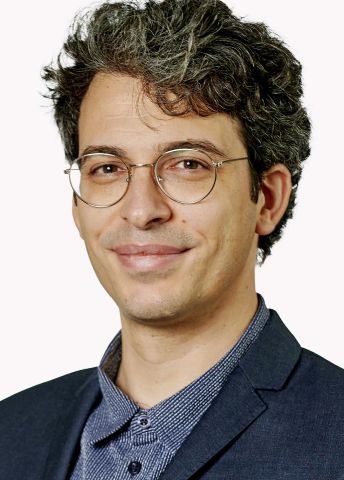
Wallenberg Academy Fellow 2023
Medicine
Dr Alessandro Furlan
Karolinska Institutet
Medicine
Dr Alessandro Furlan
Karolinska Institutet
Will explore new neural pathways that may influence our weight
Once people have developed obesity, it is extremely difficult to get rid of the excess weight and health complications. Wallenberg Academy Fellow Alessandro Furlan’s hypothesis is that this is due to disruptions in the communication between the brain and adipose tissue. He will map and interrogate the neural circuits that are likely to influence how much we eat and metabolize.
Treatment for obesity has long been based upon the theory that people with obesity will lose weight as long as they eat less. They have been recommended low-calorie diets and some people undergo bariatric surgery, but this often does not guarantee lasting weight loss.
A growing number of researchers now believe that this is because obesity is more complex than we previously believed. Brain mapping shows functional changes in people with obesity, and adipose tissue also changes, releasing hormones into the bloodstream that affect the brain and other organs.
Recently, researchers have started to discover the neural pathways that connect the brain and adipose tissue. Dr Alessandro Furlan from Karolinska Institutet believes that changes in the signals along these communication routes may cause the obesity-induced brain changes. He will now explore how these circuits affect eating behavior and metabolism in mice. The aim is to gain a deeper understanding of how body weight is controlled so that people with obesity can receive treatments that provide lasting help.
Photo Patrik Lundin